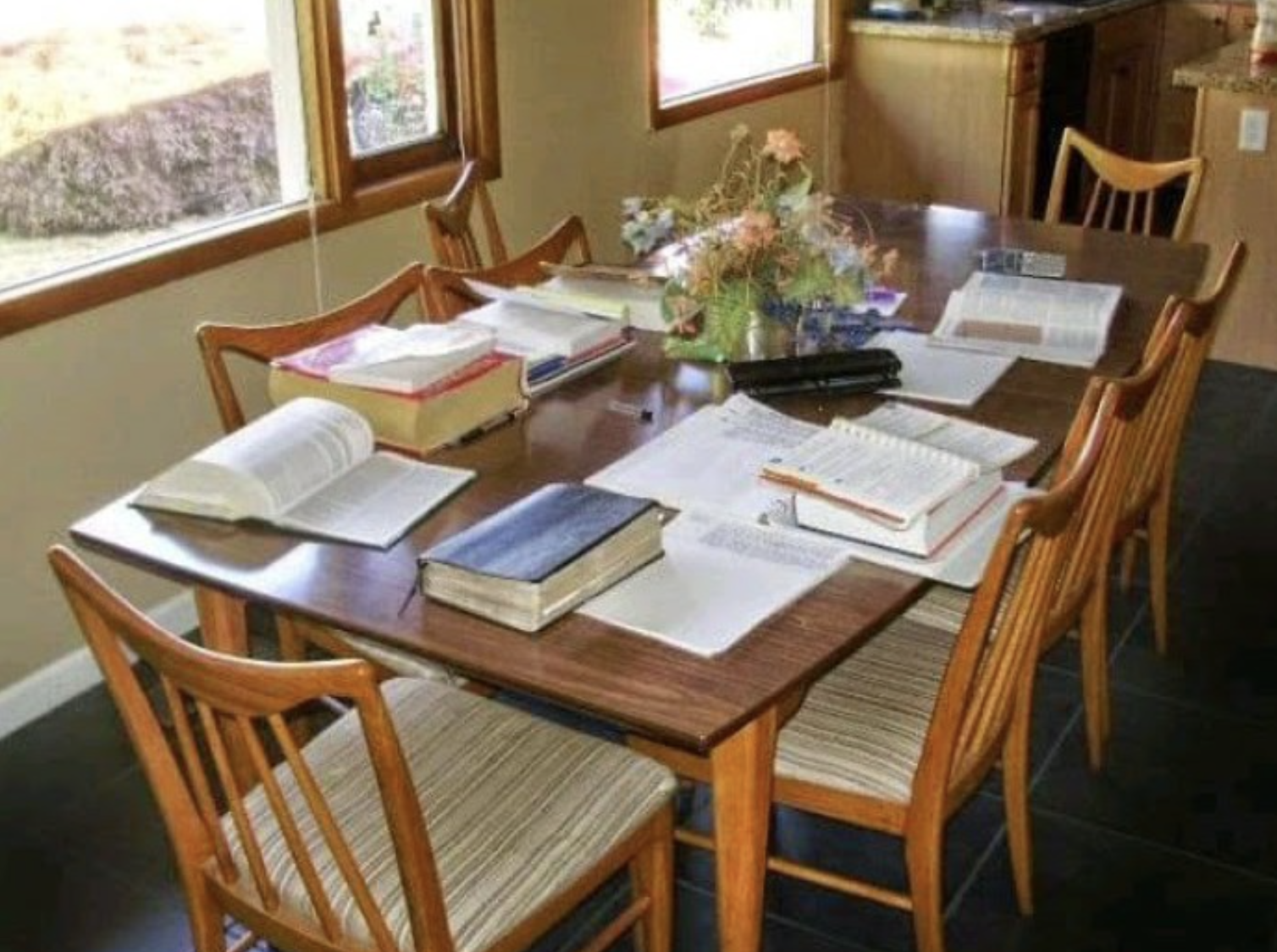
Micro Village Expansion Project Story
The Micro Village Expansion Project
The Micro Village Expansion Project (MVEP) is the continuation of various efforts by individuals and organizations to uplift the benefits of micro villages.
In July 2023, some members of a group assembled by Multnomah County Commissioner Meieran, came together to create a proposal for Multnomah County to invest in the development of a business plan for why and how to expand the network of micro villages.
After gathering information, strategizing, and drafting the initial proposal during the summer and fall of 2023, followed by many conversations with County Commissioners and testimony to the Board of Multnomah County Commissioners, the Joint Office of Homeless Services (JOHS) published a Notice of Funding Availability (NOFA) on October 2, 2023 for one-time only Supportive Housing Services (SHS) funding to support a limited duration (through 6/30/24) Micro Village Expansion Project (MVEP).
An expanded team (6 members), in partnership with a nonprofit service provider, applied for the NOFA and was awarded the contract on December 6, 2023.
The MVEP demonstrates why an expanded, coordinated ecosystem of micro villages in Multnomah County is essential to the success of our region's Homelessness Response Action Plan and Community Sheltering Strategy, makes recommendations for what local government can do to bring it to fruition, and provides guidance that others could use to extend the network of micro villages across Oregon and beyond.
MVEP used a Community-Based Participatory Research(CBPR) inspired approach and maintained standards that were reasonable for the project timeline and funding. The project gave voice and power to people with lived and living experience with houselessness, through a project Steering Team of nine villagers, as well as listening sessions with 120 villagers across Portland’s nine existing micro villages. The sessions also created valuable opportunities for cross-village learning and connections. (Not included in this research: Safe Rest Villages (SRV) and Temporary Alternative Shelter Sites (TASS).
Through 34 written and oral interviews, village builders, designers, and operators (of past, current, and future villages), community advocates, businesses, and neighborhood partners also contributed to the research.
People with living/lived experience in neurodiversity, brain injury, disability, and BIPOC, and LGBTQ2SIA+ community are well-represented within the project team and research contributors.
The result of gathering existing and new research data and the perspectives and insights of wide range of community members, particularly people with living/lived experience is:
An extensive report that includes barriers, benefits, quality practices, and recommendations for government action regarding an expanded ecosystem of micro villages, plus important historical context.
An Executive Summary that introduces micro villages and an overview of how they are an effective, desired, and viable shelter and housing option worth increased investment of funding, land, and other resources.
An initial website with accessible information that shares resources, guidelines, and connections, to facilitate the development and quality of micro villages.
Many new and deeper connections between villagers and allies that are generating energy and commitment to follow-on actions.
Opportunities abound to build on the MVEP and advance a thriving ecosystem of micro villages. The MVEP’s teams and contributors are committed to continuing this work.
